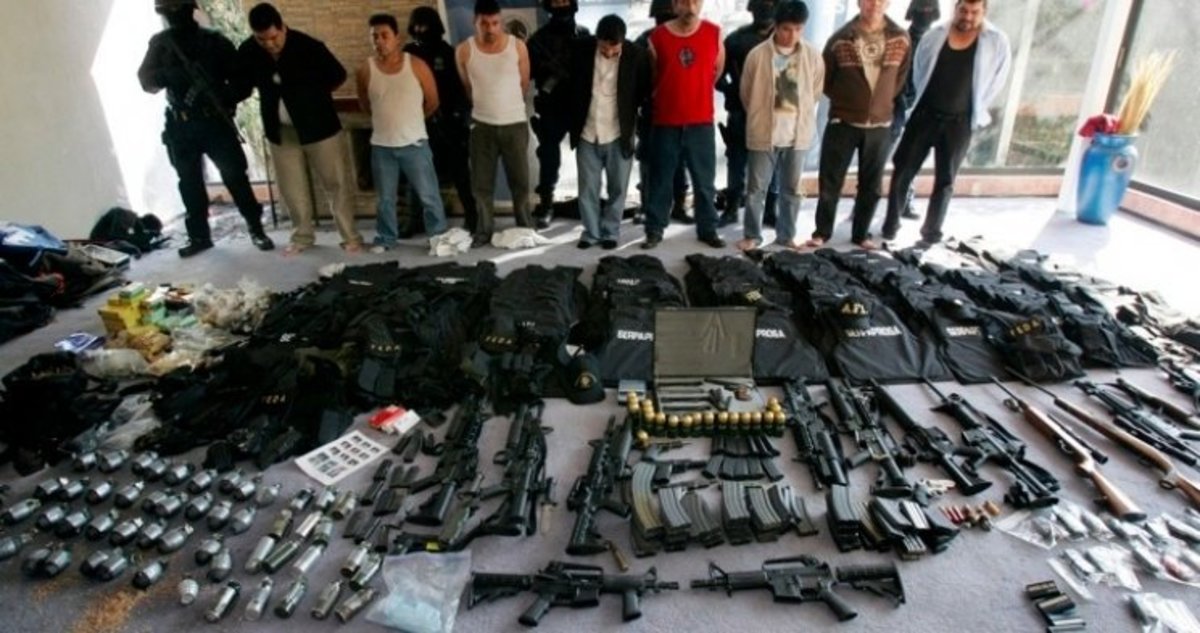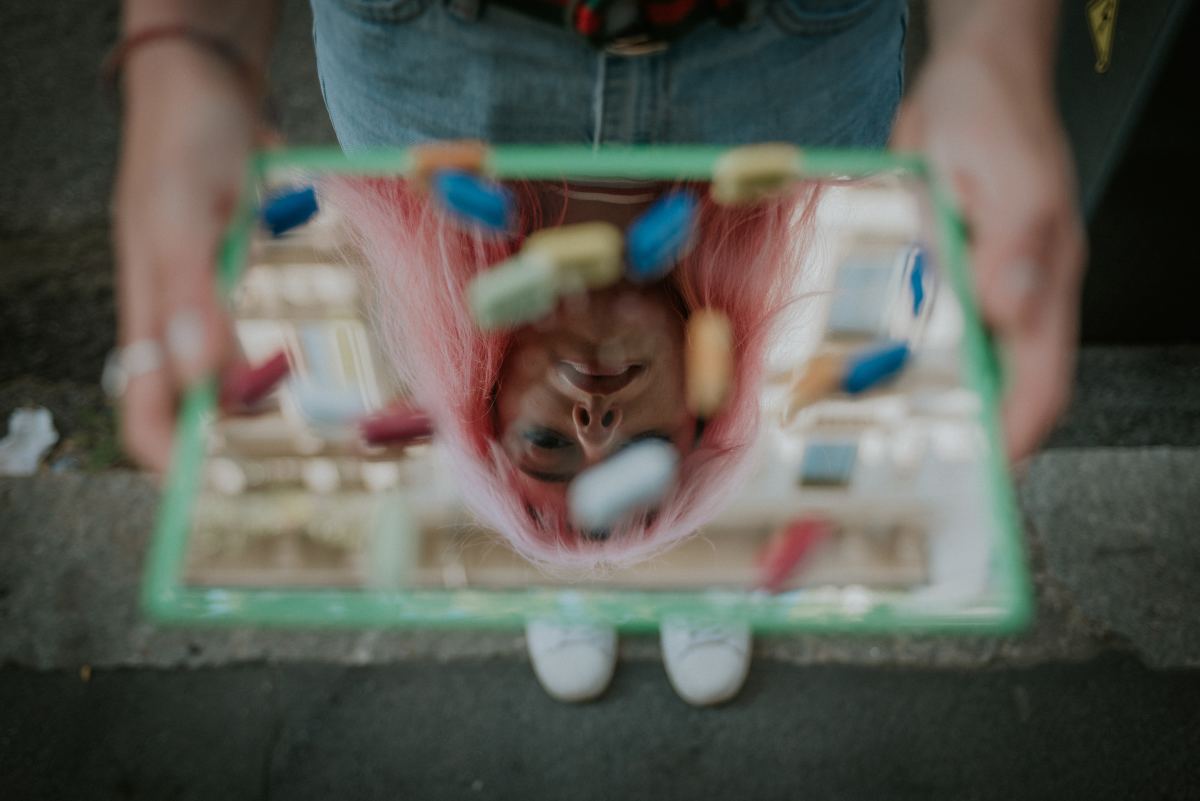Mexico's Drug Wars--A Solution
In the six years of Presidente Calderon’s tenure as boss of México, the drug war has claimed the lives of a staggering 30,000 to 50,000 people. Nobody knows for sure. And the numbers don’t suddenly become acceptable when statisticians tell us that 90% of those corpses were members of drug cartels. Nobody knows for sure if that percentage is right either. But everyone—Méxicanos and foreigners alike—knows that the sociopaths that torture, execute and (often) behead their victims are following a path that is fueled by the lust for power, rampant greed, and systemic corruption. The last point is an internal problem only México can solve, so I’m not addressing it here.
THE PROBLEMS
The other two issues can be addressed. Not easily. Not quickly. But they can be eradicated by a dramatic shift in the “rules” that govern the game. The cartels make billions of dollars a week in this game, simply because their products are illegal. That simple fact creates the need for clandestine manufacturing sites, complex distribution systems, dealers and sellers and buyers operating underground, vicious battles for territory, and on and on.
THE SOLUTION
The products are marijuana, hashish, cocaine, heroin, opium, and pharmaceuticals like codeine, oxycontin, Ecstacy and other narcotic pills. The first step towards a solution is to legalize them all. If that seems too radical, start with marijuana and escalate more gradually.
Why? Because overwhelming evidence over the past 100 years clearly PROVES that the “war on drugs” isn’t working worth a damn. Six years ago Calderon unleashed the considerable firepower of the policia federal and the Mexican army on the cartels. The result has been heaps of corpses and some reshuffling among the cartels. The drugs still flow North. The supply of weapons for the cartels still flows South. Ordinary Méxicanos and occasional tourists are still slaughtered if they’re in the wrong place at the wrong time.
POSITIVE IMPACTS
If ALL of these drugs were legalized, addicts in México, Canada, and the US could get their drugs from government sources, which would sell at reasonable price, regulate and sanitize the products, and collect taxes. As I see it, a user could buy marijuana anytime; the other drugs would require some screening—a prescription, perhaps, or an interview with some sort of drug counselor. Access to the drugs, however, would usually be allowed, once risks etc. were explained.
This "modest proposal" (certainly not unique to me) would not deal with those individuals for whom the emotional rush of street life and the thrill of criminal behavior is its own toxic high. Such people will seek out that high, no matter what. But this proposal would encompass the vast majority of addicts, eliminate the need for criminal traffic, and dam off illegal money to a trickle, where now it is a rampant flood.
COURAGE TO CHANGE
An array of logistical problems would certainly loom large if México (for starters) had the courage to take this radical step. But police and armies and agencies and inhibiting laws and the tens of billions of dollars spent every year on “enforcement” (LOL) have produced nothing but a massive industry, a court system in México, Canada, and the US overburdened to the point of collapse, a lot of tragedy, and little else.
Why not try some common sense?






